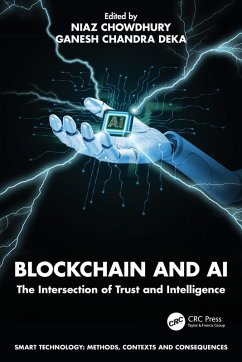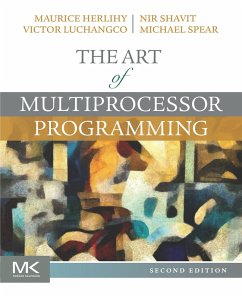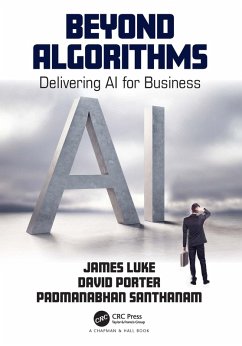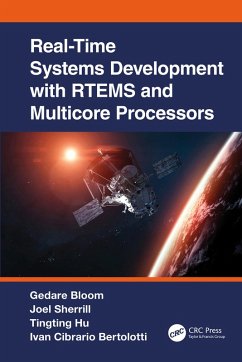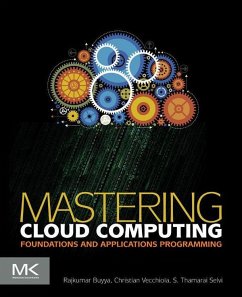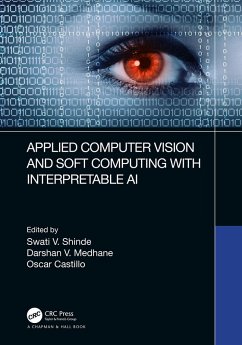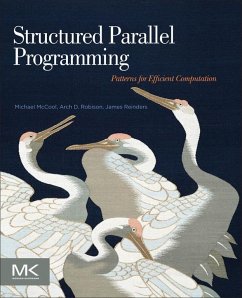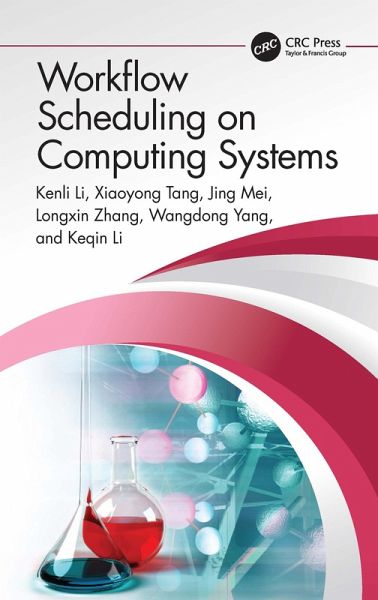
Workflow Scheduling on Computing Systems (eBook, ePUB)
Versandkostenfrei!
Sofort per Download lieferbar
44,95 €
inkl. MwSt.
Weitere Ausgaben:

PAYBACK Punkte
22 °P sammeln!
This book will serve as a guide in understanding workflow scheduling techniques on computing systems such as Cluster, Supercomputers, Grid computing, Cloud computing, Edge computing, Fog computing, and the practical realization of such methods.It offers a whole new perspective and holistic approach in understanding computing systems' workflow scheduling. Expressing and exposing approaches for various process-centric cloud-based applications give a full coverage of most systems' energy consumption, reliability, resource utilization, cost, and application stochastic computation. By combining the...
This book will serve as a guide in understanding workflow scheduling techniques on computing systems such as Cluster, Supercomputers, Grid computing, Cloud computing, Edge computing, Fog computing, and the practical realization of such methods.
It offers a whole new perspective and holistic approach in understanding computing systems' workflow scheduling. Expressing and exposing approaches for various process-centric cloud-based applications give a full coverage of most systems' energy consumption, reliability, resource utilization, cost, and application stochastic computation. By combining theory with application and connecting mathematical concepts and models with their resource management targets, this book will be equally accessible to readers with both Computer Science and Engineering backgrounds.
It will be of great interest to students and professionals alike in the field of computing system design, management, and application. This book will also be beneficial to the general audience and technology enthusiasts who want to expand their knowledge on computer structure.
It offers a whole new perspective and holistic approach in understanding computing systems' workflow scheduling. Expressing and exposing approaches for various process-centric cloud-based applications give a full coverage of most systems' energy consumption, reliability, resource utilization, cost, and application stochastic computation. By combining theory with application and connecting mathematical concepts and models with their resource management targets, this book will be equally accessible to readers with both Computer Science and Engineering backgrounds.
It will be of great interest to students and professionals alike in the field of computing system design, management, and application. This book will also be beneficial to the general audience and technology enthusiasts who want to expand their knowledge on computer structure.
Dieser Download kann aus rechtlichen Gründen nur mit Rechnungsadresse in A, B, BG, CY, CZ, D, DK, EW, E, FIN, F, GR, HR, H, IRL, I, LT, L, LR, M, NL, PL, P, R, S, SLO, SK ausgeliefert werden.





